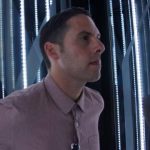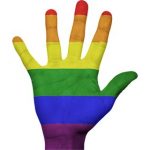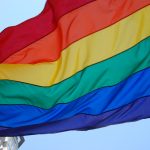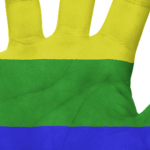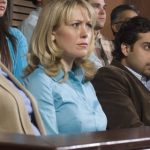NSW Police Failed to Investigate Homophobic Murders
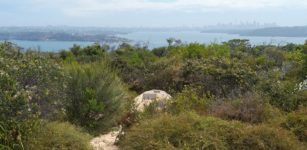
An inquest into the death of 27-year old American mathematician Scott Johnson has heard evidence that defence force personnel at the Army School of Artillery at North Head in Sydney would frequently brag about bashing homosexual men who met at a ‘gay beat’ in the area.
The coroner is conducting his third inquest into the death of Mr Johnson, whose naked body was found at the bottom of a cliff at North Head in 1988.
New witness
A fresh witness told the coroner’s court on Monday that a group of soldiers had been socialising in the Hotel Steyne, Manly when one of them bragged that the group had “gone bashing queers.”
“They were proud of it,” the witness testified. “They thought it was fun and games. They were yahooing and yelling and generally having a great time.”
The witness described how one of the men had “bloodied hands” where skin had come off his knuckles.
“They were buying two guys a lot of drinks because the three others said, ‘oh, they managed to catch their first queer. Their first poofter'”, the witness told the court.
He also expressed shame at failing to act on the information.
“As horrible as it sounds, we were young and I guess we thought it was enough that we weren’t taking part,” he testified. “To our great shame basically we let it happen.”
Cause of death
Mr Johnson’s personal effects were discovered 10 metres from the cliff’s edge, not far from a beat where groups of “bashers” would gather to assault gay men.
Police had concluded that Mr Johnson cause of death was suicide by jumping from the cliff, and their report to the coroner continues to stand by this theory.
Mr Johnson’s brother disagrees, stating that his sibling was content with his life, had a bright future and a loving partner and family, and had no reason to take his own life.
Witnesses to the inquest have been afforded the opportunity to make admissions with impunity, guaranteeing them that the evidence they provide cannot be used against them in the future.
They have also been warned that perjury charges will be brought if they lie about their involvement in the death.
Broader problem
The inquest has heard from other men who grew up on Sydney’s northern beaches, including some who admitted being present at ‘gay bashings’.
Gordon Sharp, a former regular at the North Head beat, testified that, “[o]ccasionally the word would go up: ‘Bashers!’”…. And you’d grab your kit and dash off.”
Mr Sharp described how ‘bashers’ would sweep downhill to attack, or use an attractive young man to lure a gay man into the bushes, where four or five of his mates would assault the unsuspecting victim.
Criminologist Stephen Tomsen also gave evidence about his work on 74 deaths between 1988 and 2007, many of which he believes were gay-hate crimes.
NSW police’s Operation Parrabell is yet to report on its review of 88 deaths – a combination of Tomsen’s work and that of former police gay liaison co-ordinator Sue Thompson – to see how many fit the gay-hate category.
Police incompetence
NSW police have long been criticised for taking a dismissive and nonchalant attitude towards suspected gay-hate crimes, with reports that homophobia was rife within the force and officers may even have been directly responsible for some of the unsolved murders in NSW.
The inquest heard evidence that police regularly failed to investigate deaths that occurred near known gay beats. Magistrate Michael Barnes remarked that the Johnson family would be “puzzled and dismayed by the paucity of the original investigation”.
The coroner found that police were far too quick to rule Mr Johnson’s death a suicide. He noted that the lead police investigator, Superintendent Doreen Cruickshank, failed to even consider the possibility that the death was a gay hate crime.
Gay beat
Former gay outreach worker Ulo Klemmer told the inquest the North Head area was a popular gay beat from the early 1970s until the early 1990s.
Mr Klemmer testified that he often heard reports of violence against men at gay beats across Sydney, and that victims were often reluctant to report the assaults because the gay community had a deep distrust of police as they treated homosexual people with disdain.
“No one saw the value of reporting to the police because you were likely to get another smacking from the police”, Mr Sharp testified.


